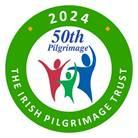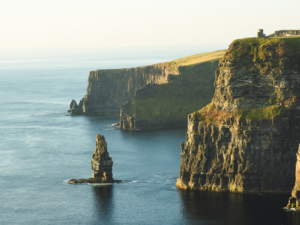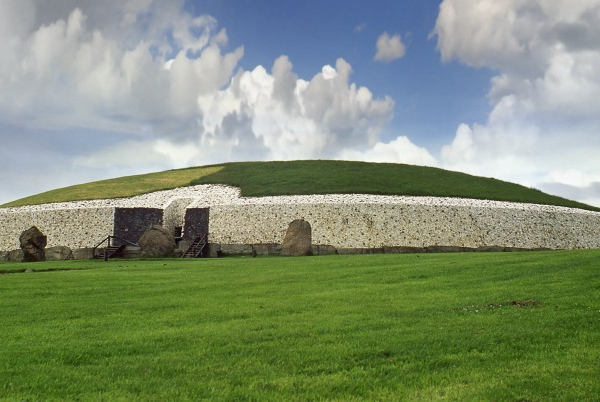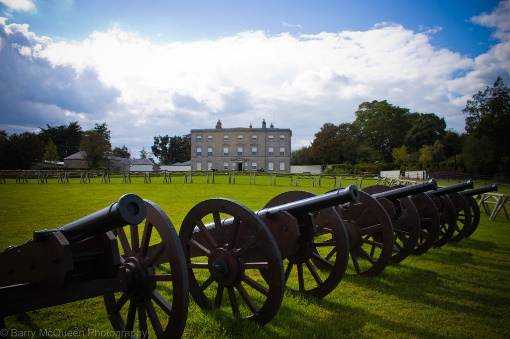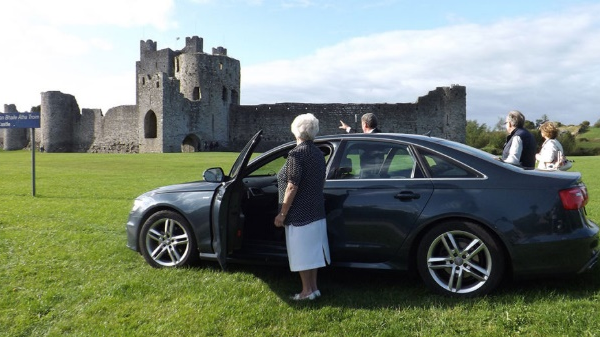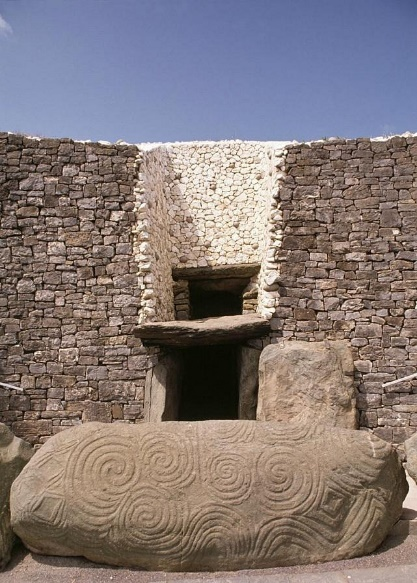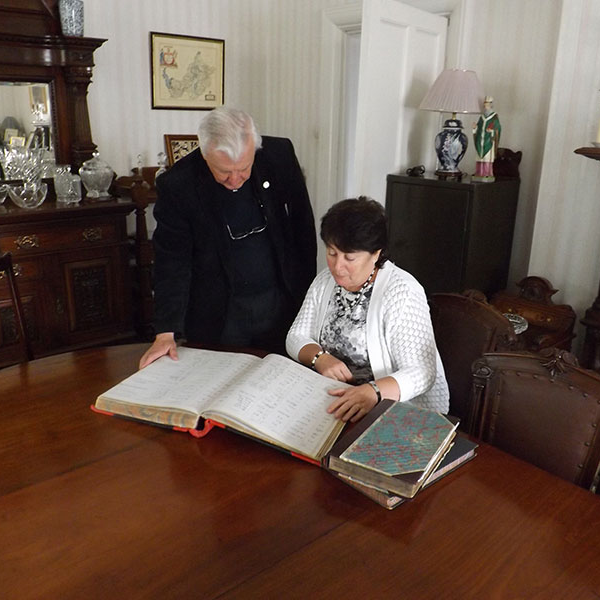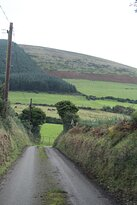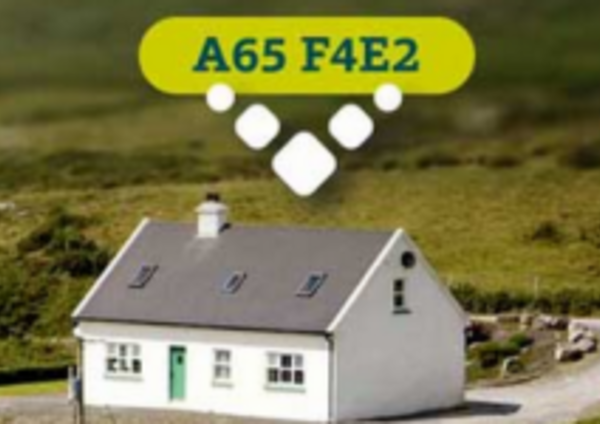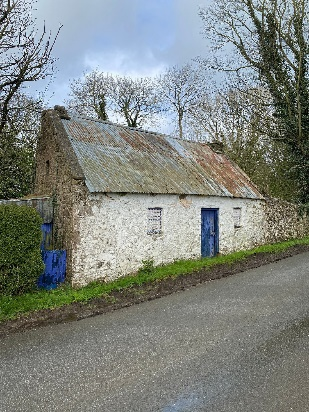The Potato Famine and the Irish Civil War were two of the biggest causes of massive emigration in the 19th and 20th centuries. This caused millions of people to leave their country in search of a better and more stable life and rehabilitate and rebuild new lives in different countries.
Most of the Irish immigrated to parts of Europe and Australia, and at least 4.5 million also went to America. Needless to say, the Irish diaspora is now scattered across the world. These people are becoming more interested in learning about their ancestry and heritage to better connect with their roots.
To that end, Irish genealogy research has gained massive popularity over the years as more people discover their family history. Consequently, many also visit the country to see their ancestral homestead and townland. All these things contribute to their understanding of self and enhance their sense of belonging.
But how do qualified professionals conduct Irish genealogy research? Here’s a quick guide to understanding this process.
Preliminary Consultation
In the preliminary consultation, the genealogist will gather all the information you already have. This can include names, birth and death records, and names of relatives. If the preliminary information is insufficient, the genealogist will conduct initial investigations on the side and use the information to build the foundation of the research.
During this phase, the genealogist will also discuss the goals you have in mind for the research and the timeline of the whole process. They may also tell you about the limitations of the research and communicate how they’ll work around those.
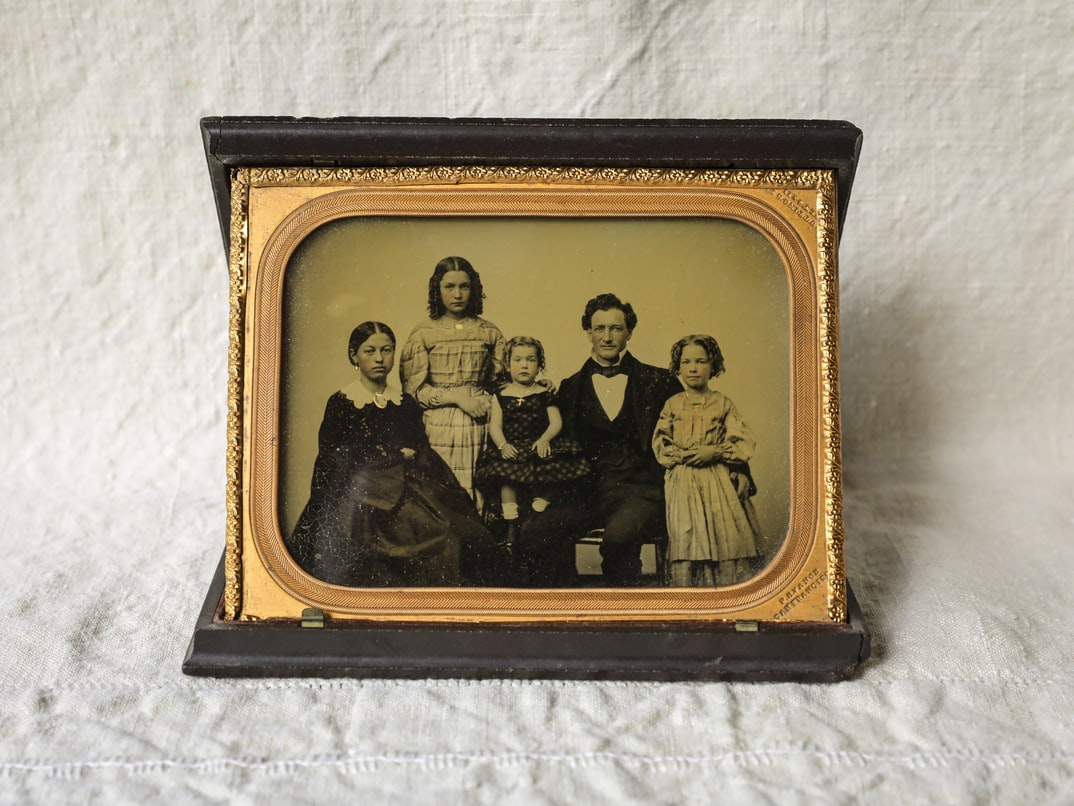
Investigation through Irish Records
Once the genealogist has all the necessary information, they’ll begin diving into Irish records to substantiate it further. Some of the most common Irish records used are:
- Birth records (Post-1864)
- Marriage and death records.
- Church records
- Local archives
- Tax records from 1659 to 1900
- Estate records
- Testamentary and will records.
- Census (from the late 19thcentury)
- Ireland-Australia transportation records(for Australian clients).
- Prison records.
All these records are used to check for any ancestral client information that can be pinpointed to an exact townland. Once the townland is discovered, the genealogist will visit the site to check for more information that may help the client.
Documentation
Expert genealogists are also adept at documenting the whole process. They’ll make sure that proper sources and references back every claim made in the report. They’ll gather all the required documents and collect all the photos to present you with a complete report of your Irish ancestry.
Once you have all the information in hand, you can use it to take an Irish ancestry tour of all the major places where your ancestors lived.
At My Ireland Family Heritage, we have certified professional genealogists who can conduct extensive Irish genealogy research. We aim to ensure you have all the information you need to learn about your ancestors and heritage. We also provide guided Irish ancestry and genealogy tours that will help you discover your ancestral Irish roots.
Get in touch with us to find out more about our services.


